Choosing the right mortgage is one of the most important financial decisions you’ll make when buying a home. Two of the most common mortgage types are fixed-rate and adjustable-rate mortgages (ARMs). Each offers distinct advantages and potential risks, making it essential to understand how they work to select the best fit for your financial situation and long-term goals.
Understanding Fixed-Rate Mortgages
A fixed-rate mortgage features an interest rate that remains constant over the life of the loan. This means your monthly principal and interest payments will never change, providing a sense of stability and predictability. This loan type is often favored by homeowners planning to stay in their home for many years, as it allows for consistent budgeting without surprises from fluctuating interest rates.
Fixed-rate mortgages come in various term lengths, with the 15-year and 30-year loans being the most popular. While the 15-year fixed-rate mortgage typically carries a lower interest rate and allows you to build equity faster, it comes with higher monthly payments. The 30-year fixed loan offers lower monthly payments but more interest paid over time.
The primary benefit of a fixed-rate mortgage is the security it offers against rising interest rates. In a rising rate environment, homeowners with fixed loans are protected from increased payments. This can make long-term financial planning easier, especially for those with fixed or predictable incomes.
What Are Adjustable-Rate Mortgages (ARMs)?
Adjustable-rate mortgages start with a fixed interest rate for an initial period — commonly 3, 5, 7, or 10 years — after which the rate adjusts periodically based on a benchmark index plus a margin. These adjustments occur annually or semi-annually depending on the loan terms.
The key appeal of ARMs is the typically lower initial interest rate compared to fixed-rate mortgages, which can result in lower monthly payments early on. For borrowers who expect to move, refinance, or see a significant increase in income within the initial fixed period, ARMs can offer substantial savings.
However, the trade-off is the uncertainty of future payments. Once the fixed period ends, your interest rate and payments may increase or decrease depending on market conditions. If rates rise significantly, monthly payments can become substantially higher, potentially impacting your budget.
Comparing Fixed-Rate and Adjustable-Rate Mortgages
When deciding between fixed and adjustable rates, consider your personal financial goals, risk tolerance, and how long you plan to stay in the home.
- Stability vs. Flexibility: Fixed-rate mortgages provide payment stability and predictable budgeting. ARMs offer lower initial payments and can be more flexible, but come with uncertainty about future rates.
- Duration of Homeownership: If you plan to own your home long-term, a fixed-rate loan may provide greater peace of mind. If you anticipate moving within a few years, an ARM’s lower initial rate may save you money.
- Market Conditions: In a low-interest-rate environment, locking in a fixed rate may be beneficial. When rates are higher but expected to decline, an ARM might be advantageous.
- Income and Budget: Stable or fixed income borrowers often prefer fixed-rate loans for consistent payments. Borrowers with variable income or expecting future earnings growth might choose an ARM to capitalize on lower initial costs.
How First Western Trust Mortgage Can Help
Navigating mortgage options can be complex, particularly when balancing short-term affordability with long-term financial strategy. At First Western Trust, we work closely with each client to understand their unique circumstances and goals. We provide clear explanations of mortgage products and their potential impact on your financial future.
Whether you are leaning toward the stability of a fixed-rate mortgage or the flexibility of an adjustable-rate mortgage, we can guide you through the process, ensuring you choose the right solution. Our team leverages deep industry knowledge and a commitment to personalized service to support your home financing journey.
Final Thoughts
Choosing between a fixed-rate and adjustable-rate mortgage requires careful consideration of your financial situation, goals, and market factors. Fixed-rate mortgages offer predictability and protection against rising interest rates, while ARMs provide potential savings and flexibility but carry more risk.
Understanding these differences and how they relate to your needs will empower you to make an informed decision. Partnering with an experienced lender like First Western Trust Mortgage ensures you receive the guidance and support necessary to select a mortgage that fits your lifestyle and financial plans.
Disclaimer: Personal banking services offered through First Western Trust Bank, Member FDIC
First Western Trust is an Equal Housing Lender, NMLS #477166
This content is for informational purposes only and does not constitute legal or tax advice. Please consult your legal or tax advisor for specific guidance tailored to your situation. First Western Trust Bank cannot provide tax advice. Please consult your tax advisor for guidance on how the information contained within may apply to your specific situation.








